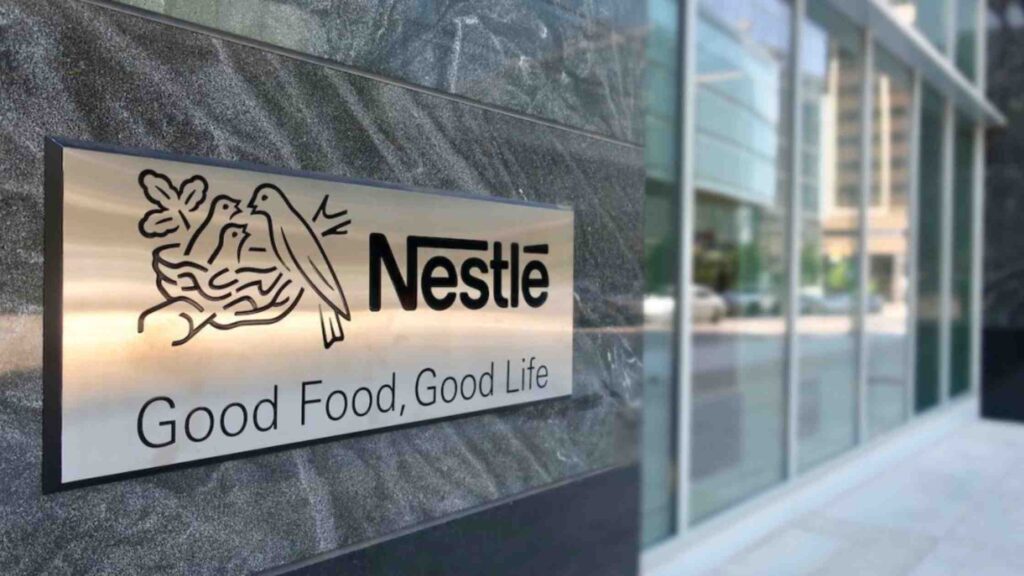Is Freshly going out of business? One of the top home meal delivery companies, Freshly, is now closing down as the COVID pandemic is hopefully ending. In a joint venture run by investment company L Catterton, Nestle is combining its $950 million 2020 acquisition—in that, it had great expectations with Kettle Cuisine.
Following an underwhelming performance, Nestle is partially selling its Freshly meal delivery service. This multinational food and beverage company recently disclosed that it would collaborate with private equity firm L Catterton. Thus, the ready-made meal provider and the enterprise’s Kettle Cuisine food manufacturing provider will unite.
This change indicates that consumers may be moving away from meal options that can be prepared in advance in favor of last-minute flexibility.
DiscontinuedNews is impartial and independent, and every day, we create distinctive, world-class programs, news, and content that inform, educate and entertain millions of people worldwide.
Who just bought Freshly?
Freshly is one of the top U.S. meal delivery services for newly prepared meals. It has been bought by Nestle, according to a company announcement. Freshly is valued at USD 950 million under the terms of the agreement, with possible earnouts of up to USD 550 million upon the company’s successful expansion. The date for signing and completing this deal is October 30, 2020.

Freshly, which was founded in 2015, offers clients around the nation a selection of meals that chefs freshly made. It removes obstacles to good eating by providing comfort and nutrients in large quantities.
Nestle’s thorough knowledge of what and how people eat at home is combined in this action. Freshly’s distribution system and highly specialized consumer analytics tool combine with its top-tier research and development skills. As a result, it encouraged growth prospects inside the Freshly company and throughout Nestlé’s portfolio.
To assess and test the developing market, Nestlé made a strategic acquisition of about 16% of Freshly in 2017. Freshly has delivered more than one million meals weekly to clients in the 48 adjacent states since its start in 2015. It kept increasing each year. Its anticipated revenues for 2020 are USD 430 million.
Two years after purchasing Freshly, Nestlé is reducing its involvement in the market for prepared meal delivery. Since the acquisition, “there have been major changes in the outside business environment, notably in direct-to-consumer cost structures,” a Nestlé representative said. Freshly “has not achieved the expected performance with these shifts.” With this agreement, a more comprehensive range of clients and regions will have access to freshly prepared dishes.
Is Freshly closing?
As financial difficulties affect the business and the more significant meal delivery sector, Freshly stops direct-to-consumer (D2C) meal deliveries. The company that delivers meals modified and updated its website.
The company said, “It is with deep regret that we inform the Freshly meal delivery service that it will discontinue operations.” They noted that saying farewell to their remarkable group at this time is painful.
The corporation has been closing down offices nationwide and laying off hundreds of employees. According to the letter sent to the New York State Department of Labor recently, the company was closing a plant and terminating 138 workers.
Since 2015, the company has started delivering meals, and in 2020, Nestle acquired the business. Later, as they left their homes, people began dining out more frequently in 2021. Also, the economy worsened in 2022, leading to many people cutting back on their retail subscriptions. Thus, it leads to the company’s declining performance.
Nestle informed late last month that it was partially selling the business in response to disappointing results. Thus it is forging a partnership with private equity firm L Catterton in which the latter would acquire the majority ownership in the company.
Why Freshly shutting down?
In recent years, Nestle has aggressively updated its product line to incorporate healthier and faster-growing options. The corporation has been getting rid of those whose revenue is not increasing as quickly and those whose Swiss-based parent company does not play a significant role.
The “Freshly” deal perfectly matches that business culture. Additionally, Nestle has sold most of its unprofitable North American Waters business and its U.S. chocolate business over the past few years.
The two firms, both expensive 2020 buys, were defined by Nestle CEO Mark Schneider as “two transactions that did not fully match our aims.” “The environment of 2020 tricked us,” he continued. Although home delivery was popular during the pandemic, Freshly now faces more extraordinary client acquisition expenses, reduced customer retention, and decreasing revenue opportunities, according to Schneider.
Catterton’s Kettle Cuisine prefers its catering business over retail. Freshly will do the same. According to Schneider, Kettle and Freshly both highly value freshness. They will focus their efforts on food service companies that need more labor to provide such fresh meals.
Although financial information was not provided, Catterton would own 59% of the company and Nestle 41%. The way Nestle arranged the ice cream deal is comparable to how the transaction with L. Catterton and its Kettle Cuisine company was done. Nestle is still a major player and is set up to gain from any commercial growth.
Conclusion
The challenges facing D2C meal delivery companies have grown. It is because food prices in several categories have risen in the mid-teens. The difficulties increase when other economic pressures are included. These have led many customers to reconsider their spending decisions and to choose between essentials and luxury.
While Freshly’s decline may present a business opportunity, its competitors in New York are all dealing with similar challenges. They have been going through a difficult period recently.
